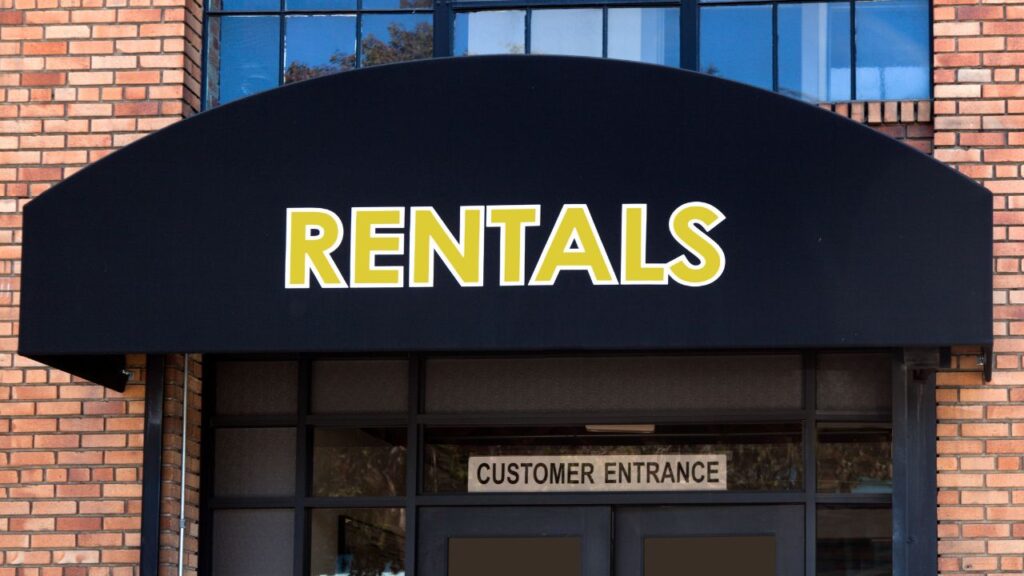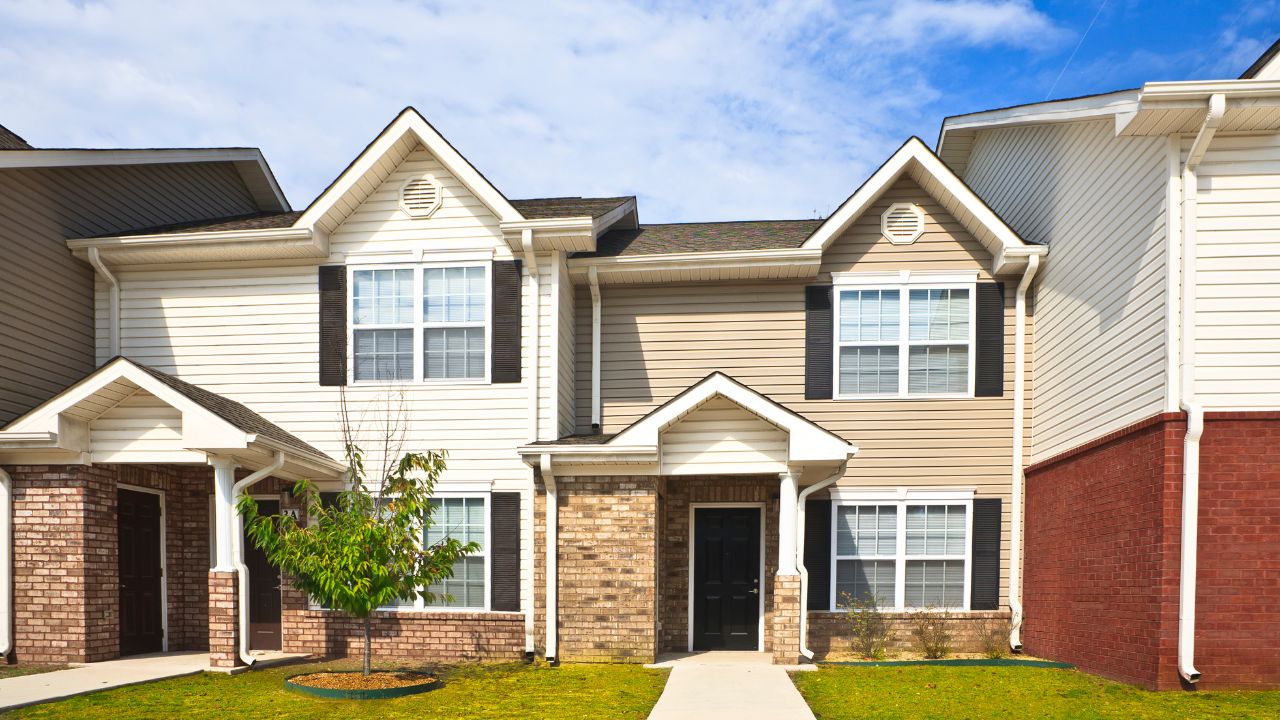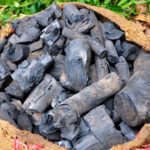How to Start an Airbnb in Uganda: The Ultimate Guide for 2024.
Maximize Your Revenue with These Tips
Are you interested in starting a vacation rental business in Uganda? Hosting on Airbnb can be a great way to earn extra income, especially with the growing number of tourists visiting hotspots like Kampala, Jinja, or Murchison Falls.
According to Airbnb, the average income for hosts has seen a significant increase over the years, and Uganda has the potential to tap into this trend.

But starting an Airbnb business isn’t just about listing your space and waiting for guests to book. You’ll need to consider important factors like permits, taxes, and pricing strategies to truly maximize your revenue.
This guide will take you through the steps to get started and succeed as a vacation rental host in Uganda.
Airbnb Business Basics in Uganda
Before you start an airbnb business in Uganda, there are some essential things to know, from complying with local regulations to preparing your space for guests.
Uganda’s short-term rental market might have specific guidelines you need to follow, especially in popular tourist regions.
Local Rental Permits and Requirements
In Uganda, it’s important to check with your local government (or even your LC1) to see if you’re allowed to offer short-term rentals in your area.
Each district or city might have different rules, especially in areas like Kampala, where tourism is booming.
You’ll likely need a business license or rental permit, to ensure that your property meets health and safety standards.
If you’re renting out a space that’s part of a larger complex, like an apartment, you may also need permission from your landlord or homeowners’ association.
Taxes for Ugandan Airbnb Hosts
While Airbnb automatically collects and pays occupancy taxes in many parts of the world, this might not always apply to Uganda.
Make sure to check with the Uganda Revenue Authority (URA) about any taxes you need to pay for your Airbnb income.
You may be able to deduct certain expenses, such as utilities, property maintenance, and cleaning services, from your tax filings.
To avoid trouble down the road of starting an Airbnb business in Uganda, consider working with a local tax professional who understands Ugandan laws and can help you stay compliant.
Airbnb Fees
Listing your property on Airbnb is free, but hosts typically pay a fee of 14-16% on each booking. In Uganda, this might vary depending on your location and your cancellation policy.
Keep these fees in mind when setting your price, especially if you’re offering a unique experience like a lakeside view near Lake Victoria or a cabin near Mount Elgon.
Preparing Your Airbnb in Uganda
If you’ve got a property in a prime location—whether it’s a home in Kampala or a vacation cabin near Queen Elizabeth National Park—it’s time to get it ready for guests.
A well-prepared space can lead to great reviews and repeat bookings.
Furnishing and Stocking
First impressions matter! Your Airbnb should be thoughtfully designed and well-stocked with everything your guests might need.
Consider offering unique Ugandan decor, such as locally crafted furniture or art, to give your space a special touch.
Here are some key things to have in place:
- Keyless Entry: Invest in keyless locks so guests can check in and out easily. This also helps with managing multiple bookings.
- Appliances and Gadgets: Ensure your home has all the essentials—reliable Wi-Fi, a good fridge, and modern appliances.
- Local Touches: Consider adding locally inspired decor, such as traditional Ugandan woven baskets or colourful kitenge fabrics.
- Vacation Essentials: Stock your property with toiletries, fresh towels, and enough kitchen supplies for guests who might want to cook.
Local Support Teams
To run a smooth Airbnb operation, you’ll need reliable support. Uganda has many skilled workers who can help you keep your property in top condition.
Build a team you can trust, whether it’s for cleaning, repairs, or managing guests when you’re not available. Here are some team members to consider:
- Housekeepers
- Plumbers
- Electricians
- Landscapers
- Accountants
- Property Managers
Pricing Your Airbnb in Uganda
Setting the right price for your Airbnb is crucial, especially in a competitive market like Uganda.
Tourist seasons, local events, and proximity to popular attractions can all impact how much you charge.
Research the Local Market
Look at other Airbnb listings in Uganda to see what they’re charging. Properties near attractions like Murchison Falls, Bwindi Impenetrable Forest, or Lake Bunyonyi might have higher prices during peak travel times.
Adjust your prices accordingly, and don’t be afraid to raise rates during major festivals, public holidays, or busy tourist seasons.
Use Smart Pricing
Airbnb offers a Smart Pricing tool that adjusts rates based on demand and other factors.
This can be useful if you’re just starting out, but it’s always a good idea to manually adjust your prices based on what you see in your local market.
Creating the Perfect Listing
Your listing is the first thing guests see, so make it stand out. In Uganda, there’s a lot of potential to highlight local attractions and experiences in your description.
Optimize Your Listing
As you are looking on how to start an airbnb business in Uganda. You need to optimize your listings.
Use your title and description to attract the right guests. Include details about what makes your property unique—whether it’s a house near the Source of the Nile or a cosy cottage in the heart of Kampala.
Incorporate keywords like “safari lodge,” “lakeside retreat,” or “family-friendly Ugandan vacation rental” to make your listing easier to find in search results.
Add descriptions that make guests imagine their experience, like enjoying coffee with a view of the Rwenzori Mountains or relaxing after a gorilla trek.
High-Quality Photos
Good photos are a must! Consider hiring a professional photographer or using a high-resolution camera to showcase your property. Highlight important aspects like the view, outdoor spaces, and any unique features, such as proximity to wildlife or local landmarks.
How to Become a Superhost in Uganda
Going the extra mile for guests can help you achieve Superhost status, which comes with added benefits, such as better visibility on Airbnb.
To become a Superhost, you need to:
- Host at least 10 stays
- Maintain a 90% response rate
- Keep a low cancellation rate (1% or less)
- Maintain an average rating of 4.8 or higher
Partner with Local Experts
Starting an Airbnb business in Uganda and also managing it can be time-consuming, so consider working with local property management experts.
In Uganda, there are several companies that can help you run your Airbnb smoothly, from guest management to maintenance.
By following these steps and staying on top of local trends, you can maximize your revenue and become a successful Airbnb host in Uganda.
Conclusion…
That’s all about how to start an airbnb business in Uganda. What is your view? Talk to me in the comments section below.










